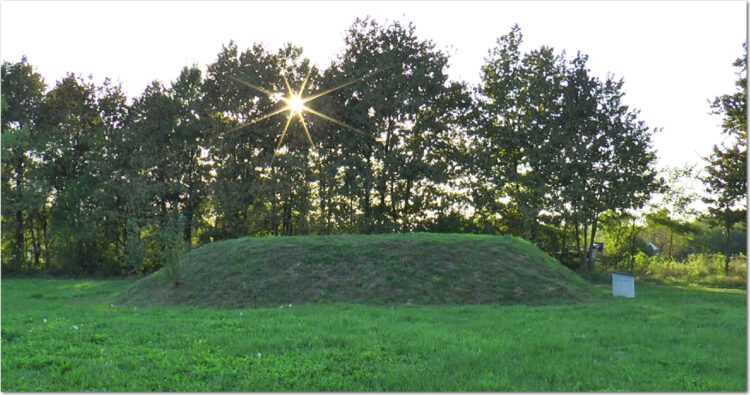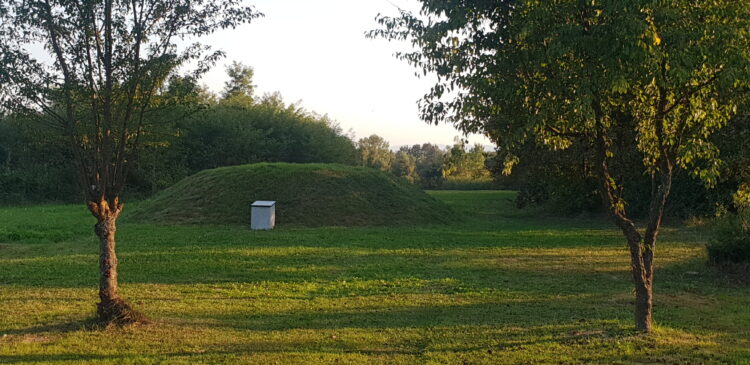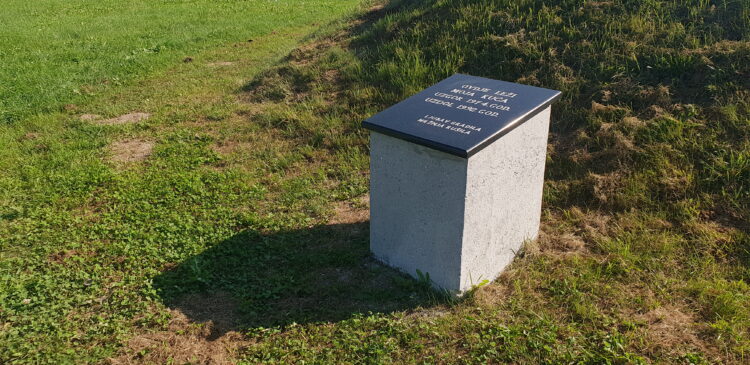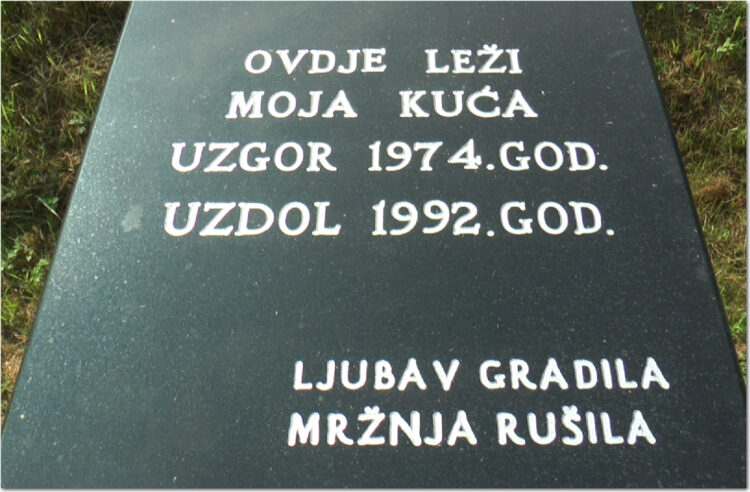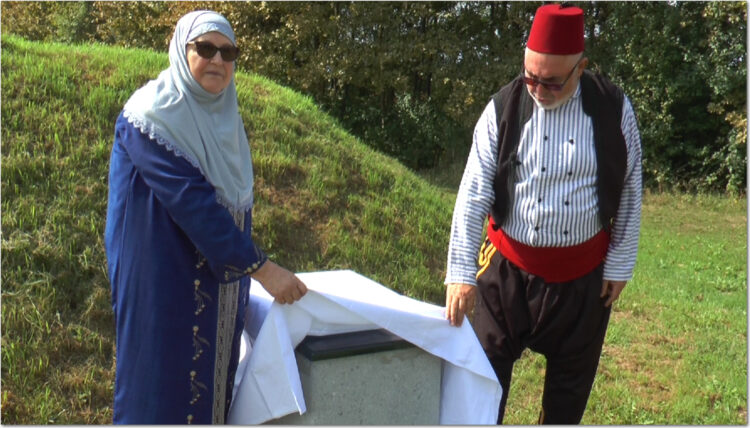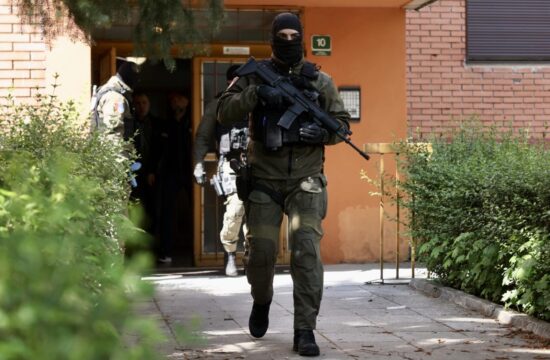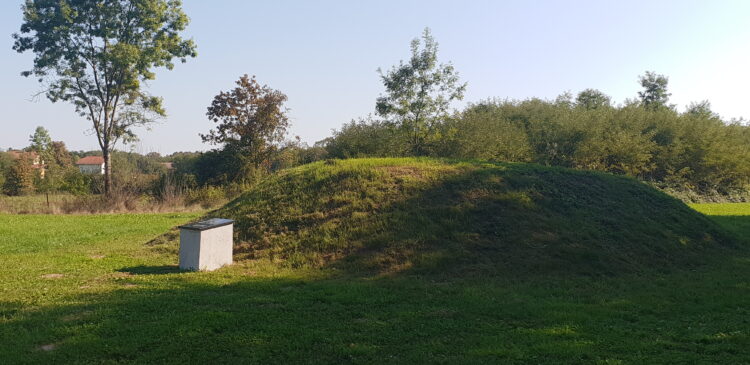
In Kevljani, a village near the northwestern town of Prijedor, one can find a large mound next to a granite plaque which says - “Here lies my house. Up in 1974, down in 1992. Love built it, hate destroyed it.”
The house belonged to Serif and Fikreta Velic, who spent years saving money to build it.
“We are currently in Kevljani, where I was born, and where we are standing now, on this hill and under this chair and table, is my house which I buried here ten years ago. All the material my house was built from is here,” Velic said.
Velic worked as a tinsmith in Germany, where he lived with his wife and three kids, and saved money to buy the family house in the village.
Then, in 1992, the war came and brought with it prison camps, killings and destruction. The family house was also among the victims.
Today, Serif and Fikreta live in Sweden.
When the war began in 1992, Serif left his job and joined the Bosnian army in Kozarac. He spoke about how Bosnian Serb forces exiled the women and children living in the area towards Croatia and took the men to prison camps.
Serif was also taken to a prison camp and after several months he was released. He and his family then left for Sweden where they remained until the end of the war.
Serif said that when he returned to Kevljani in 2001, all he found was the ruins of his former home and his land overgrown.
“I worked in Germany for 14 years and saved money to build that house. And we built it. Then the time came for it to be destroyed. At that time already I decided that I don’t want the remains of my house to end up in some hole or ditch,” he said.
“I took out all of the building material and put it in my field and it waited there for 15 years for me to gather enough strength and some money to do what I wanted to. I brought an excavator, the machine dug a 4,5-metre hole, and we pushed all of it into that hole. I then brought nine truckloads of humus, covered the remains and planted green grass so it looks this nice now,” he explained.
Serif and Fikreta also decided to erect the tombstone.
“I see this house as my own child which I lost,” he said, explaining that he travelled the world and made the money to build it in an honest way.
“This was not enough for my house to remain ‘up’, but the enemies came, our enemies, I don’t know how else I would call them. Evil people came and destroyed my house and I buried it here, just like people are buried,” he added.
“The only thing that was left of my house, which is underneath this mound, was the foundation at which I built a small house again, and this house number,” he said, as he held up a small blue piece of metal with the number 88 written on it.
Serif added that he sometimes plays his harmonica to “chase away the sorrow and the pain.”
He took the instrument and started playing a Sevdalinka, an old Bosnian folk song.

